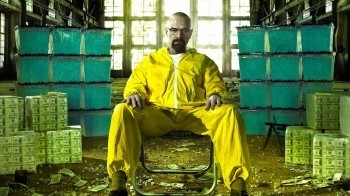
I wasn’t going to write another blog about diversity—or the lack of it—in contemporary television. But when Viola Davis became the first woman of colour to win the Emmy for Outstanding Lead Actress in a Drama Series, during the same week that I met our new cohort of students, I changed my mind.







